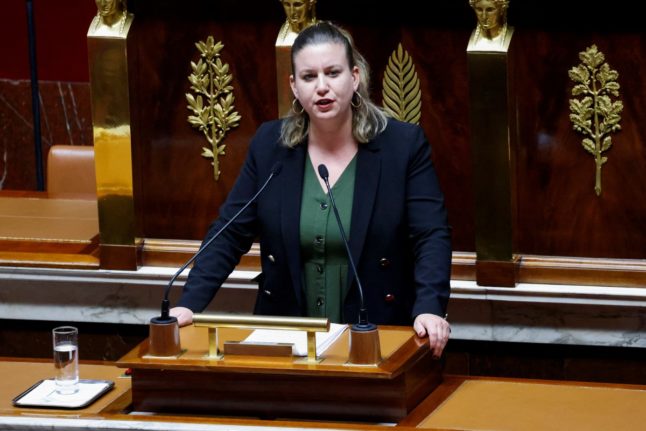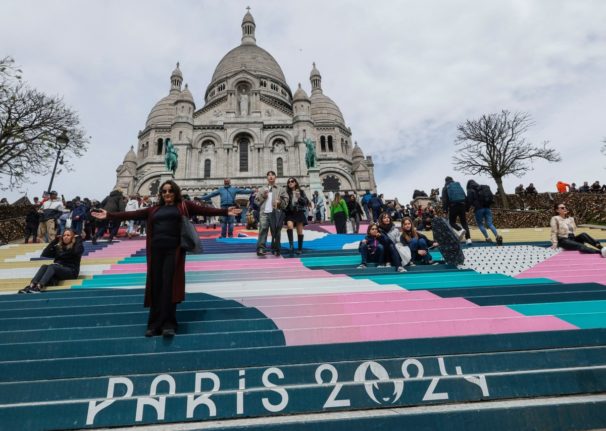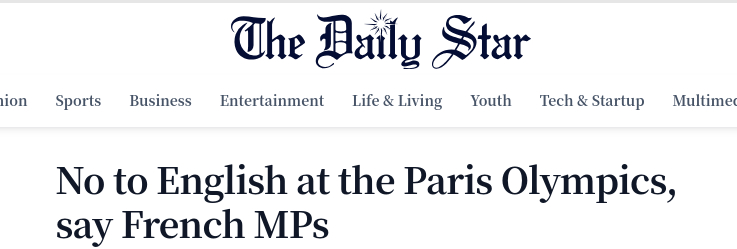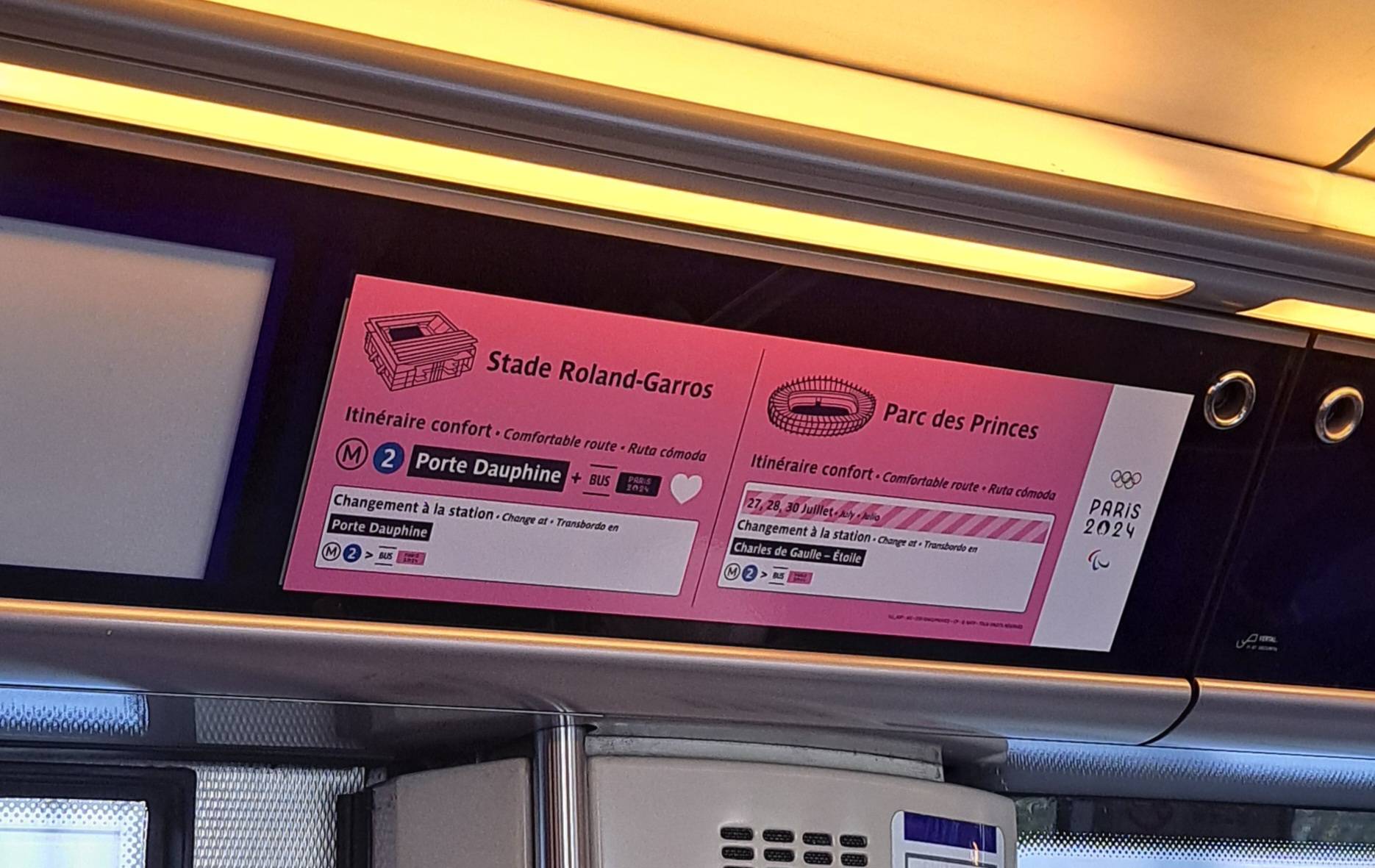Mathilde Panot heads the lower house of parliament faction of the France Unbowed (LFI) party, which has been repeatedly accused by opponents of failing to clearly condemn the attack by Hamas.
The LFI — which is now France’s strongest political force on the left — has in turn lashed out at what it sees as an erosion of free speech and accused Israel of committing “genocide” against Palestinians in the Gaza Strip.
Panot said it was the first time in the history of modern France that a head of a parliamentary faction “was summoned on such serious grounds”.
“I am warning about this serious exploitation of justice aimed at suppressing political expression,” she said.
On October 7, the LFI group in parliament published a text which sparked controversy because it described the Hamas attack as “an armed offensive by Palestinian forces” that occurred “in a context of intensification of the Israeli occupation policy” in the Palestinian territories.
The LFI’s firebrand figurehead and former presidential candidate Jean-Luc Melenchon described the summons an “unprecedented event in the history of our democracy”, accusing the authorities of “protecting a genocide”.
Last week, two conferences by Melenchon on the situation in the Middle East were cancelled in Lille, first at the university then in a private room.
Hamas fighters and other Palestinian militants poured across the border with Israel on October 7 in an unprecedented attack that resulted in the deaths of 1,170 people, according to an AFP tally of Israeli official figures.
About 250 people were abducted to Gaza during the attack, of whom 129 remain in the Palestinian territory. Israel says 34 of them are dead.
In retaliation for the Hamas attack, Israel launched a relentless military offensive that has so far killed at least 34,183 people in Gaza, mostly women and children, according to the health ministry in the besieged Hamas-run territory.





 Please whitelist us to continue reading.
Please whitelist us to continue reading.
Member comments